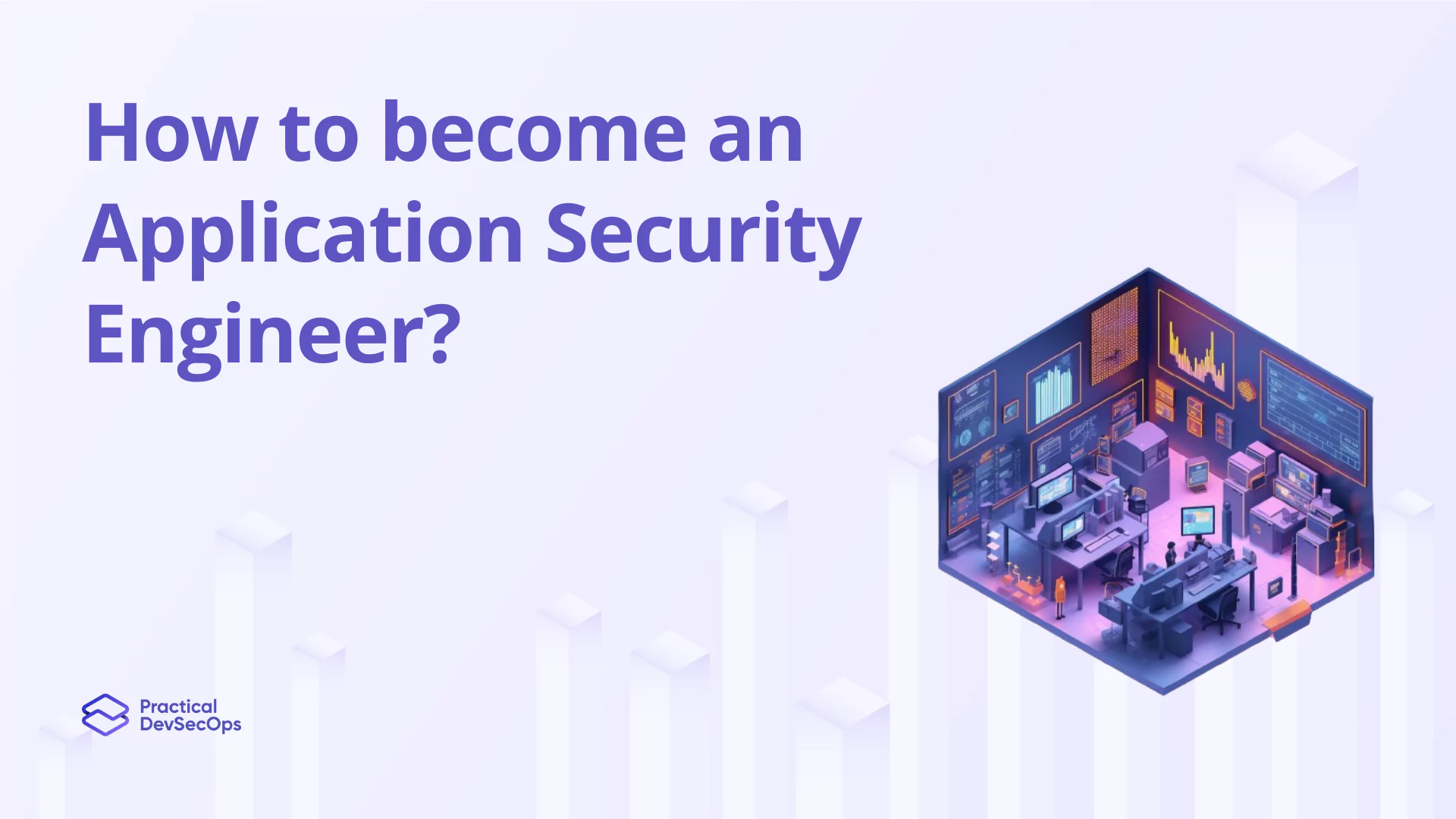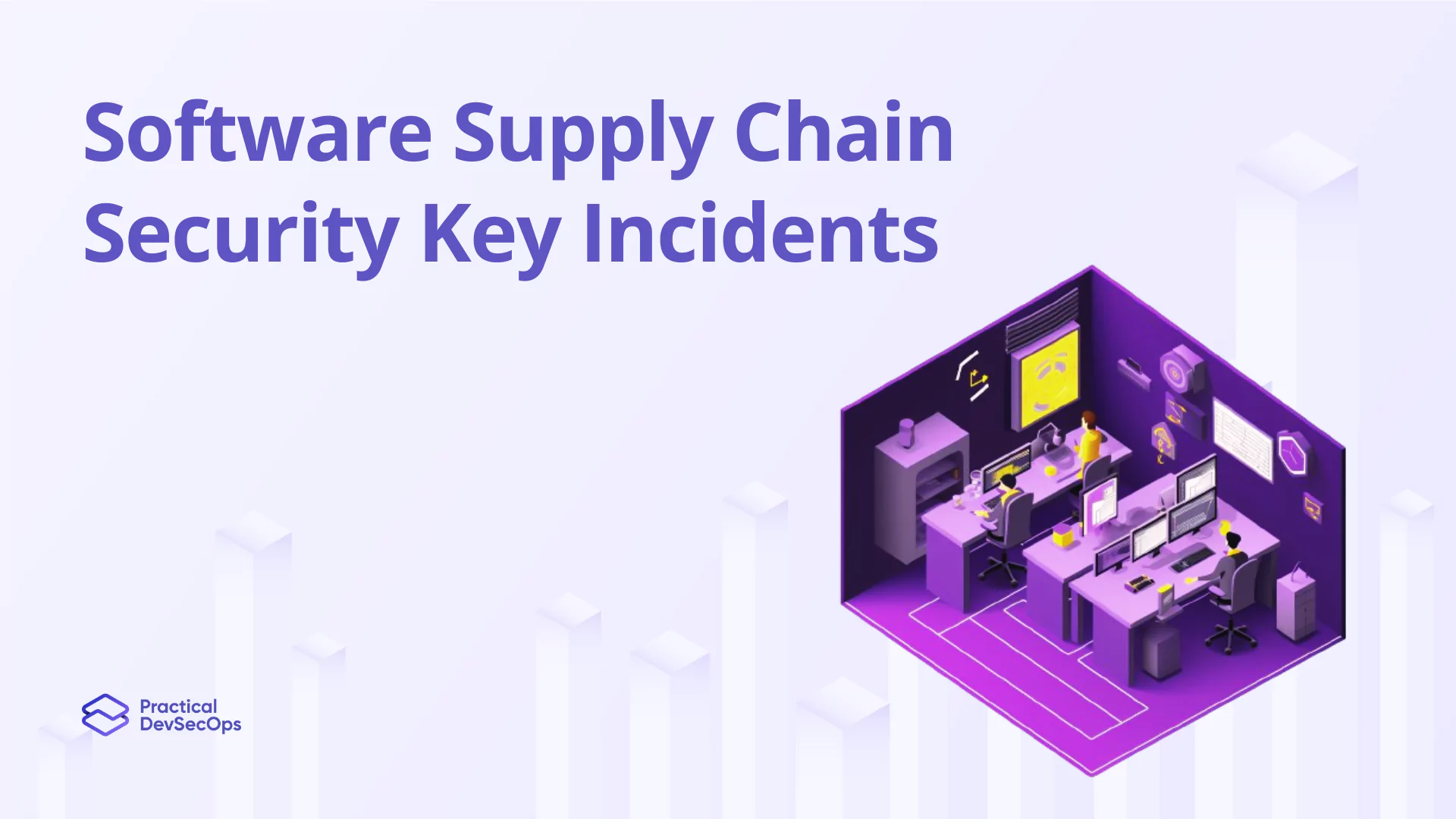In the ever-evolving world of cybersecurity, protecting your Kubernetes cluster nodes is paramount. As a self-proclaimed geek or someone aspiring to be a cybersecurity nerd, you’re in the right place. In this article, we’ll delve into the essential security considerations for Kubernetes cluster nodes and provide real-world examples to make it relatable.
Kubernetes Cluster Node Security Best Practices
Kubernetes cluster security considerations for K8s nodes are essential to protect against unauthorized access and malicious activities. By implementing these best practices, you can enhance the overall security of your Kubernetes clusters
1. Keep Your Cluster Nodes Up-to-Date
Regularly update your cluster nodes with the latest security patches and fixes. Follow these guidelines to bolster your Kubernetes cluster security:
- Set up automated updates to ensure patches are promptly applied.
- Leverage release channels to receive timely security updates from the Kubernetes project.
- Test updates in a staging environment before rolling them out to production.
Stay informed about the latest security vulnerabilities and best practices by joining relevant communities, attending webinars, and following reputable cybersecurity blogs.
Also Read, List of Kubernetes Security Tools to streamline security tasks.
2. Employ Strong Authentication and Authorization Mechanisms
Control who can access and interact with your Kubernetes cluster nodes through robust authentication and authorization methods. Consider the following:
- Implement strong passwords or, preferably, utilize more secure authentication mechanisms like multi-factor authentication (MFA) or certificates.
- Leverage Kubernetes’ Role-Based Access Control (RBAC) to define granular access permissions for users, service accounts, and groups.
- Regularly review and update RBAC policies to ensure they align with your organization’s evolving requirements.
Expand your knowledge of kubernetes authentication practices with the Kubernetes Authentication Methods Guide.
3. Implement Pod Security Policies
Pod Security Policies (PSPs) allow you to define and enforce security standards for the pods running on your cluster nodes. Consider the following recommendations:
- Restrict privileged container usage to minimize the attack surface.
- Define restrictions on host access, namespace use, and network policies.
- Establish policies for container capabilities, resource limits, and volume mounts.
By implementing PSPs, you can ensure that your cluster nodes run pods with consistent security configurations and protect against unauthorized actions.
Learn more about the implementation of Kubernetes Pod Security Policies to enforce fine-grained security controls.
4. Maintain Network Security
Protect the communication between your cluster nodes by implementing network security measures. Consider the following steps:
- Utilize network policies to enforce segmentation and restrict communication between pods.
- Implement firewalls and Network Security Groups (NSGs) to control inbound and outbound traffic flow to your cluster.
- Encrypt inter-node communication, such as etcd, using Transport Layer Security (TLS).
Protecting your network reduces the exposure of sensitive data and prevents unauthorized access to your cluster nodes.
Learn about Kubernetes Network Security and implementing robust network controls.
5. Regular Vulnerability Scanning and Assessments
Perform frequent vulnerability scans and assessments to identify and address vulnerabilities in your cluster nodes. Consider the following practices:
- Adopt automated vulnerability scanning tools to regularly check for vulnerabilities in your cluster.
- Perform penetration testing to identify potential weaknesses and validate security controls.
- Review security configurations using open-source tools such as kube-bench or kube-hunter.
By proactively scanning for vulnerabilities and addressing them promptly, you can significantly reduce the risk of exploitation and unauthorized access to your cluster.
Discover effective practices for Kubernetes Vulnerability Scanning to fortify your cluster.
6. Implement Monitoring and Logging
Establish comprehensive monitoring and logging practices to gain visibility into your cluster nodes. Consider the following steps:
- Utilize centralized logging solutions to collect and analyze relevant logs from cluster nodes.
- Implement real-time monitoring and alerting mechanisms to identify unusual behaviors or security incidents promptly.
- Set up audit logging to capture and retain essential security-related events.
Monitoring and logging play a critical role in the early detection and timely response to security incidents within your cluster nodes.
Learn how to perform effective Kubernetes Security Monitoring.
7. Ensure Container Security
Kubernetes is all about containers, and securing these containers is equally important.
- Utilize container scanning tools to detect vulnerabilities in your container images.
- Employ a runtime protection solution to monitor and secure containers during execution.
Also Read, Container Security Best Practices
8. Node Isolation
Isolating nodes from one another can mitigate the impact of a compromised node.
- Employ a strong node isolation strategy, such as running one node per VM.
- Isolate sensitive workloads on separate nodes to minimize risks.
9. Backup and Recovery
Prepare for the worst-case scenario by having a robust backup and recovery plan in place.
- Regularly back up your critical data and configuration files.
- Test your recovery procedures to ensure they work as expected.
10. Hardening the Nodes
Harden your cluster nodes to reduce vulnerabilities.
- Disable unnecessary services and applications.
- Employ a container-specific operating system with a reduced attack surface.
11. Third-party Security Tools
Consider using third-party security tools and solutions to enhance the security of your cluster nodes.
- Evaluate security platforms that specialize in Kubernetes and container security.
- Leverage tools like Falco, Aqua, or Twistlock for runtime protection.
For further in-depth information and resources related to Kubernetes security, refer to the following links:
Why Kubernetes Cluster Node Security Matters
Before we dive into the details, let’s understand why securing Kubernetes cluster nodes is crucial:
- Data Protection: Kubernetes clusters often handle sensitive data, making them attractive targets for attackers. Ensuring node security safeguards this data.
- Availability: An insecure cluster node can lead to service disruptions, affecting your applications’ availability. Proper security measures prevent downtime.
- Compliance: Regulatory requirements demand strong security practices. Neglecting node security can result in non-compliance issues.
Conclusion: Kubernetes Cluster Node Security
By considering and implementing these security practices, you can fortify the overall security posture of your Kubernetes cluster nodes. Regularly update your knowledge and stay informed about the latest security trends, tools, and vulnerabilities. Remember, securing your cluster nodes requires an ongoing commitment.
How to Get Kubernetes Security Training?
You can get trained in Kubernetes security by enrolling in our Cloud-Native Security Expert (CCNSE) course, which provides hands-on training in important concepts such as:
Hacking Kubernetes Cluster, Kubernetes Authentication and Authorization, Kubernetes Admission Controllers, Kubernetes Data Security, Kubernetes Network Security, Defending Kubernetes Cluster
Course Highlights:
- 50+ guided exercises uniquely designed by industry experts
- 24/7 instructor support
- Browser-based labs for hands-on training
- Lifetime access to course manuals and videos






0 Comments